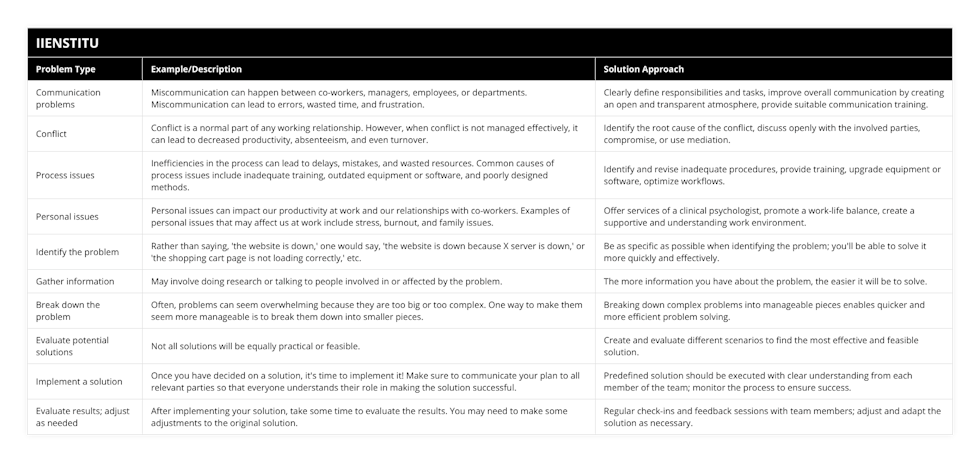In the current rapid and constantly changing business landscape, the need for specialized assistance has not been more important. Expert services, including consulting and law advice to financial and IT solutions, serve a vital part in driving business expansion and operational effectiveness. As organizations navigate complex issues, the knowledge offered by expert service firms becomes a key factor in reaching long-term goals and maintaining a market edge.
Comprehending how to tailor these services to address particular customer requirements is essential. It involves identifying the distinct needs of each business, considering factors such as industry dynamics and organizational goals. With the appropriate expert service partner, organizations are able to not only enhance their capabilities but also effectively mitigate threats and welcome transformation in an ever more digital world. This article explores the key characteristics to look for in a consulting company, how to choose the best partner, and the various ways these services can contribute to sustained growth.
The Critical Role of Professional Services
Expert services play a key part in the growth and longevity of companies across multiple sectors. By providing expert knowledge and expertise, these services help organizations tackle complex issues, enhance operations, and navigate ever-evolving market conditions. Whether through consulting, legal services, accounting, or IT support, expert services offer customized approaches that enable businesses to innovate and compete successfully.
Engaging with expert services allows organizations to leverage the experience and insights of specialists who stay up-to-date with market trends and leading practices. This expertise is essential for addressing regulatory challenges, optimizing operational efficiency, and driving long-term initiatives. As organizations seek to transform and adapt in a rapidly changing environment, the insights provided by professional service firms become invaluable assets that can shape decision-making and spur growth.
Additionally, professional services contribute to enhancing strength within companies. By working with expert providers who understand their specific needs, businesses can create strategies that not only mitigate risks but also unlock new opportunities. The partnership between companies and their expert service providers is pivotal in fostering sustained success, enabling companies to remain agile and responsive to shifts in their fields.
Deciding on the Right Professional Services Partner
Choosing a professional services partner is a crucial decision that can significantly impact your business. Initially, it's essential to align on core values and objectives. Look for firms that understand your industry and have a reputation of success with like businesses. This alignment helps make sure that the partner you choose not only meets your technical needs but also understands the long-term vision you have for growth and scalability.

Next, evaluate the firm's expertise and resources. A robust partner should possess specialized knowledge that matches your business's requirements. Consider their approach to challenges and whether they employ innovative technologies that enhance service provision. Additionally, assess their client portfolio and seek testimonials or case studies that illustrate their ability to deliver results effectively. A firm with a established record can provide the reassurance necessary for a prosperous partnership.
In conclusion, communication is key in any professional association. During initial discussions, pay attention to how the firm communicates and whether they listen actively to your needs. A good partner should foster transparent dialogues, making sure that there is understanding and transparency throughout the process. This robust communication foundation is critical for tackling challenges promptly and adapting to new circumstances, which ultimately leading to a rewarding collaboration that meets both parties' expectations.
Significant Trends and Upcoming Trends in Service Industries
The landscape of professional services is constantly changing, driven by tech innovations and changing client demands. One prominent movement is the increasing reliance on automation and AI. These systems enhance productivity in routine tasks, allowing individuals to focus on high-value strategic work. As businesses adopt these tools, they can offer faster and precise services, which is crucial in a fierce market.
Another noteworthy trend is the stress on specialist services. https://peterashbysmith.com/stop-neglecting-your-best-why-leaders-must-reward-competence-not-noise/ are seeking firms that understand their unique industry challenges and can provide tailored solutions. This trend emphasizes the significance of deep domain expertise, as businesses understand that general skills is no longer adequate to address difficult problems. Consequently, businesses are focusing on specific sectors, developing targeted services that tightly fit with client expectations.
Finally, the significance of building relationships has never been clearer in professional services. Firms that prioritize dialogue and cooperation foster stronger connections with clients, leading to better outcomes. As organizations navigate uncertainty, having trusted advisors who can provide advice is essential. This path emphasizes the need for firms to develop interpersonal skills alongside professional skills, ensuring that they deliver not only quality services but also create lasting relationships.
